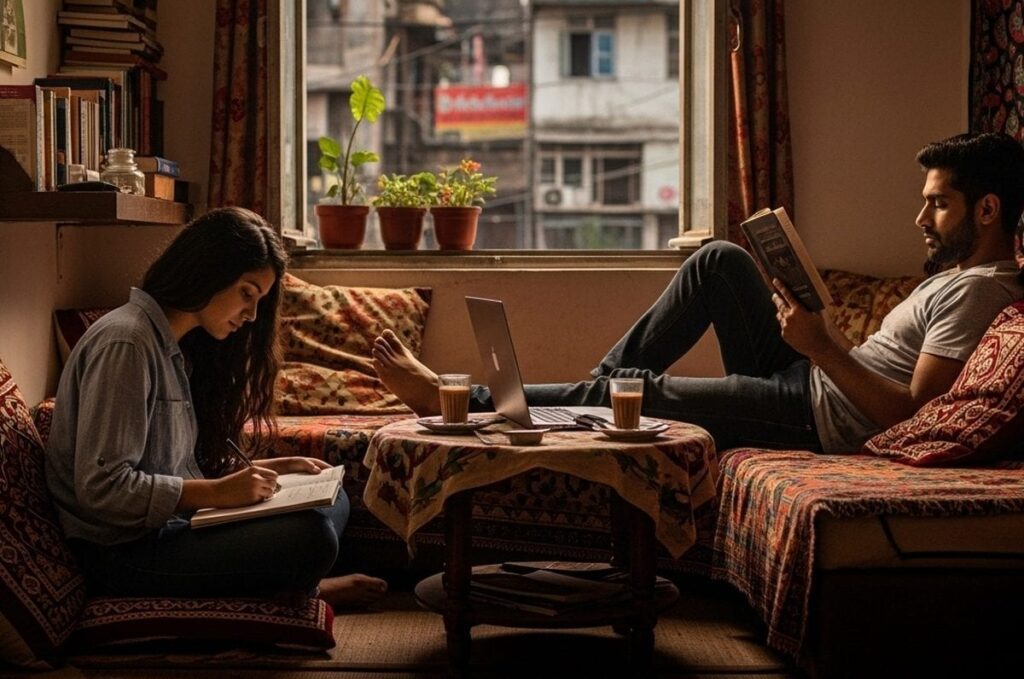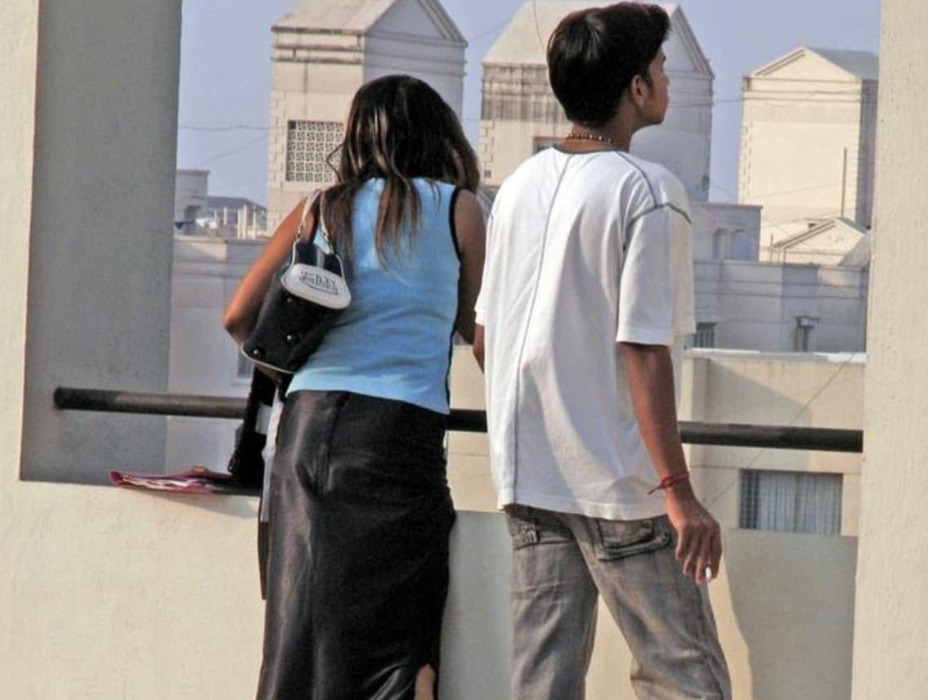‘Hobosexuality’: Love or Just Rent-Free Living? Trend Gains Ground in Indian Metros

‘Hobosexuality’: Love or Just Rent-Free Living? Trend Gains Ground in Indian Metros
Rising housing costs and cultural pressures are fuelling relationships where financial convenience outweighs genuine emotional connection.
Indian cities are rapidly changing, and with them, relationship dynamics are evolving. A Western-origin concept called “hobosexuality” is now emerging in metropolitan areas like Mumbai, Delhi, and Bengaluru. In such relationships, one partner enters or sustains the bond not for love, but for the security of housing and financial benefits.
The surge in this trend is closely tied to skyrocketing property prices and rental rates. In major cities, housing prices have risen by up to 14%, with March 2025 seeing an eight-point jump across 13 key markets. Luxury housing has grown, while the average cost of residential property is expected to climb another 6.5% this year. As ownership becomes harder, rents rise in parallel—making solo living or upgrading to larger homes increasingly unaffordable for many.

What is Hobosexuality?
Hobosexuality describes a relationship in which one partner depends heavily on the other’s accommodation and financial support, often contributing little emotionally or economically. Outwardly, these relationships may appear romantic, but experts warn of an underlying imbalance of power.
Psychiatrists note that such arrangements thrive in cities where rent can consume 40–48% of an individual’s income. Deloitte’s 2025 Gen Z and Millennial Work Survey found that over 50% of young Indians struggle to meet monthly expenses, with little to no savings—fertile ground for relationships driven more by economics than affection.
Uma (name changed), 35, recalls:
“At first, I believed it was love, so I let him move in. But I was paying the rent, covering expenses, and providing emotional support—everything.”
Over time, she realised the relationship was one-sided, existing mainly for her partner’s convenience.
Why It Happens
Housing costs, the cultural pressure to “settle down,” and the romanticised idea of “struggle” together create conditions where hobosexuality can flourish. Experts warn:
“Often it’s disguised as devotion. You’re not just paying rent—you’re paying for the illusion of togetherness.”
The Way Forward
Critics stress that condemning hobosexuality is not about vilifying financially struggling individuals. Instead, it’s a call for relationships to be built on equality, transparency, and mutual respect not merely on the promise of a roof over one’s head.












